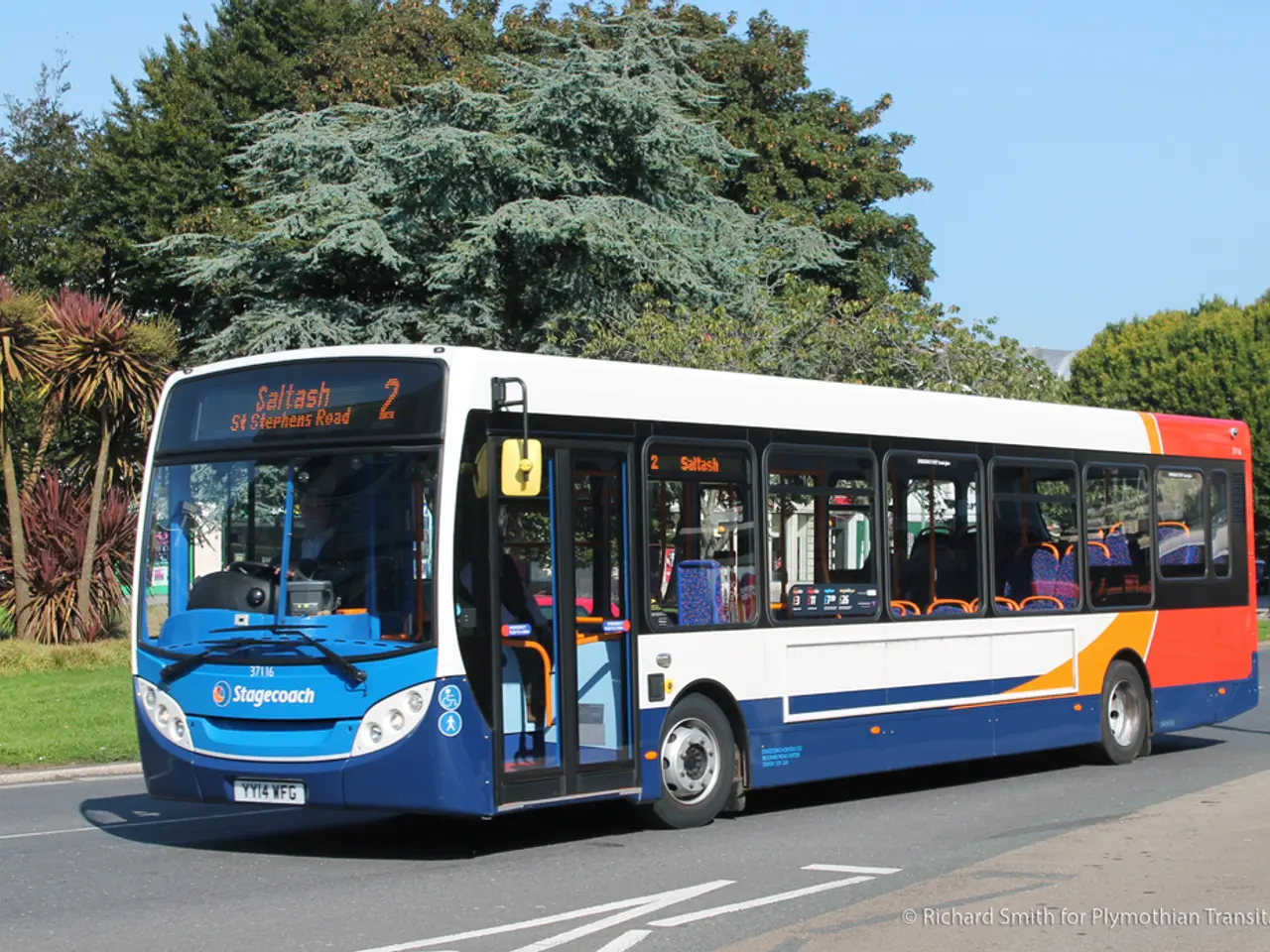Almaty's Economy Remains Steadfast - As Stated by Bakytjan Sagintayev
Scratchin' Out a Recovery: How Almaty's Anti-Crisis Measures Held Strong in 2020
In the face of economic turmoil caused by the COVID-19 pandemic and the global economic downturn, Almaty, Kazakhstan's largest metropolis, didn't blink. Under the leadership of President Kassym-Jomart Tokayev, the government pulled out all the stops, and Almaty Mayor Bakytzhan Sagintayev was front and center in sharing the details of the city's anti-crisis plan.
Mayor Sagintayev proudly announced that Almaty managed to buck the trend and maintain economic growth in key sectors like manufacturing, communications, and construction. Manufacturing saw a significant uptick of 4.3%, construction surged by 11.8%, and housing and communication services experienced a boost of 3.6% and 8% respectively.
With 719.2 billion tenge invested in the city's basic capital, Almaty shattered expectations as the majority of these investments originated from private investors. The lion's share of the investments went towards real estate, followed by industry, transportation and warehousing, healthcare and social services, and financial and insurance activities.
By the end of 2020, 90 investment projects worth 176.2 billion tenge are set to be implemented, creating an impressive 7,300 new jobs. City officials are anticipating a whopping 900 billion tenge in annual investment in the city's basic capital in the coming years.
Despite the challenges of 2020, Almaty maintained a robust tax revenue flow to the state budget, with figures increasing by an impressive 1% compared to the previous year. The city's share of tax revenues rose from 23.5% to a respectable 25.7%.
According to Mayor Sagintayev, the anti-crisis measures played a critical role in stabilizing Almaty's economy. He confidently declared, "Through these efforts, Almaty retains its potential for rapid recovery in the post-epidemic period."
The eagerness of investors was shown at an online investment forum on December 3, where 55 memorandums totaling 1.5 trillion tenge were signed. This high level of investment activity demonstrates that Almaty remains a hub for international investment activity, undaunted by the external shocks of 2020.
These anti-crisis measures aren't just about immediate relief; they're part of a broader vision that aligns with President Tokayev's domestic policy priorities. By emphasizing economic modernization, job creation, social stability, and efficient use of budget funds, the government aims to increase incomes, reduce inequality, and ensure fair social policies while continuing infrastructure investments in key areas like clean water, natural gas, and public transport access.
In essence, Almaty's anti-crisis measures prove that the city's resilience is as strong as its ambition. Through strategic investments, tax incentives, and long-term infrastructure projects, Almaty is poised to emerge from the economic challenges of 2020 stronger than ever.
Business and finance played crucial roles in Almaty's anti-crisis measures, with the majority of investments coming from private investors in sectors like real estate, industry, transportation and warehousing, healthcare and social services, and financial and insurance activities. The city is anticipating a significant increase in annual investment in the coming years, demonstrating its continued appeal as a hub for international business activity.




